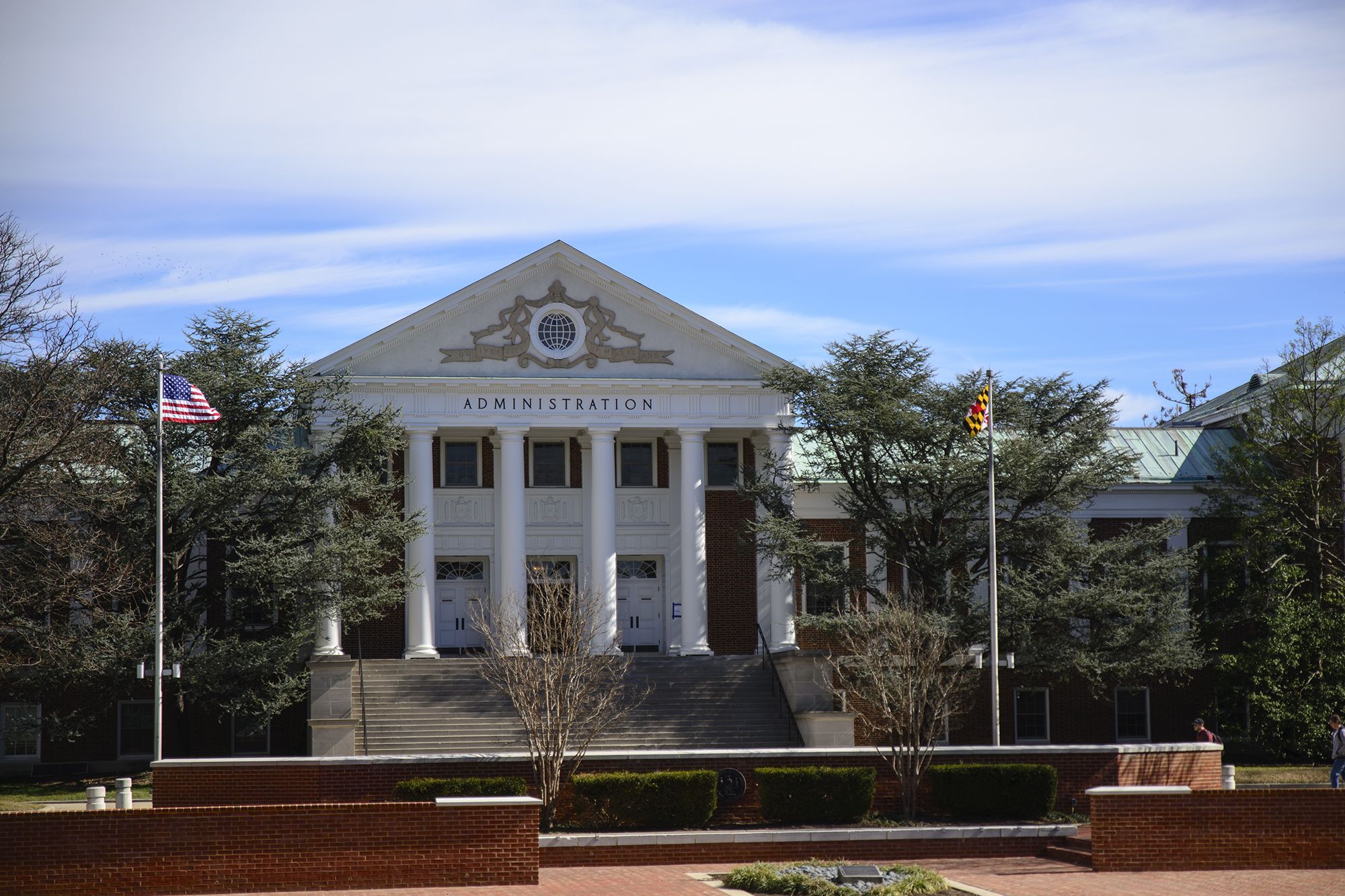Views expressed in guest columns are the author’s own.
When talking to my fellow students, I’m surprised to learn how many do not know that the University of Maryland invests its funds in companies, in the form of stocks, bonds and mutual funds, to grow its endowment. This is not exclusive to our university; it’s a common practice at colleges and universities across the United States. However, to ensure that our university — which prides itself in being a messenger of positive change — is not invested in unethical industries, it should commit to a more transparent investment process.
Valued at over $1 billion, the University System of Maryland’s endowment is managed by the University System of Maryland Foundation. This foundation is registered as a 501(c)(3), and itself a private, nongovernmental entity, thus shielding it from Maryland Public Information Act requests. In addition, the foundation’s Board of Directors are all either nominated by the institutions themselves or elected by the appointed board members, thus operating with little to no public accountability.
To obfuscate more, the USMF delegates most investment decisions to external financial management firms called “investment managers,” who have no responsibility to disclose their actions to the public. Naturally, concerns arise when the companies receiving university money are engaging in unethical and immoral practices.
The push for transparency in investments, and for the divestment from certain industries, has been seen on colleges campuses all over the United States, including the University of California System, Stanford University and Johns Hopkins University, all of which have agreed to divest from fossil fuel companies. The movement for divestment measures at academic institutions has been growing significantly, especially after the United Nations called on religious groups, pension funds, universities and other entities to divest from fossil fuel companies.
In 2016, a student advocacy group called Fossil Free MD urged the University System of Maryland Foundation to divest from fossil fuel companies, arguing that the system should not be profiting off of the degradation of the earth while it claims to be sustainable. While the USMF created an ad hoc committee to review the group’s proposal and even released a “Statement on Socially Responsible Investing,” it has not been updated for over a year. More problematic is the deliberately vague language the USMF used when the statement was last updated: “The staff person hired for this position has been actively seeking out investments in renewable energy.”
While the updated statement does say the USMF will not make direct investments in the Carbon Underground 200 companies, the foundation only advised their investment managers that the foundation would “prefer that they choose investments in renewable energy over fossil fuel, all else being equal.” Because of the lack of transparency in the investment process, we do not know for sure whether or not the USMF’s investment management firms actually divested from fossil fuels. Given the scientific community’s recent call for climate action, there is a sense of urgency and exigence to ensure our university is not contributing to the devastating effects of climate change.
While USMF’s “Statement on Socially Responsible Investing” was a small but notable step in the right direction towards transparency, the only fiduciary area addressed was fossil fuel investment. Other universities have been found to have their endowments invested in private prisons (which often lobby for harsher immigration and sentencing laws), tobacco companies (which profit off substance addiction) and weapons manufacturers (whose products are used to commit human rights violations in places such as Palestine, Yemen and Myanmar).
The University System of Maryland might be facilitating and benefitting from these social atrocities through their endowment, but without transparency it is impossible to know for certain. Many universities have chosen specifically to divest from these industries in order to fulfill their responsibility to build a more sustainable, equitable and above all ethical world. This university can do the same, by taking a moral stance at the expense of fiscal reward, just as they did in 1989 when they decided to divest from companies doing business in apartheid South Africa.
As students, it is important that our education is not funded with dirty money. Our university must take steps to disclose which industries and companies it is invested in in order to truly fulfill its rhetoric of being a “Do Good Campus.”
Shivam Shukla is a sophomore computer science major. He can be reached at shivams@terpmail.umd.edu.



